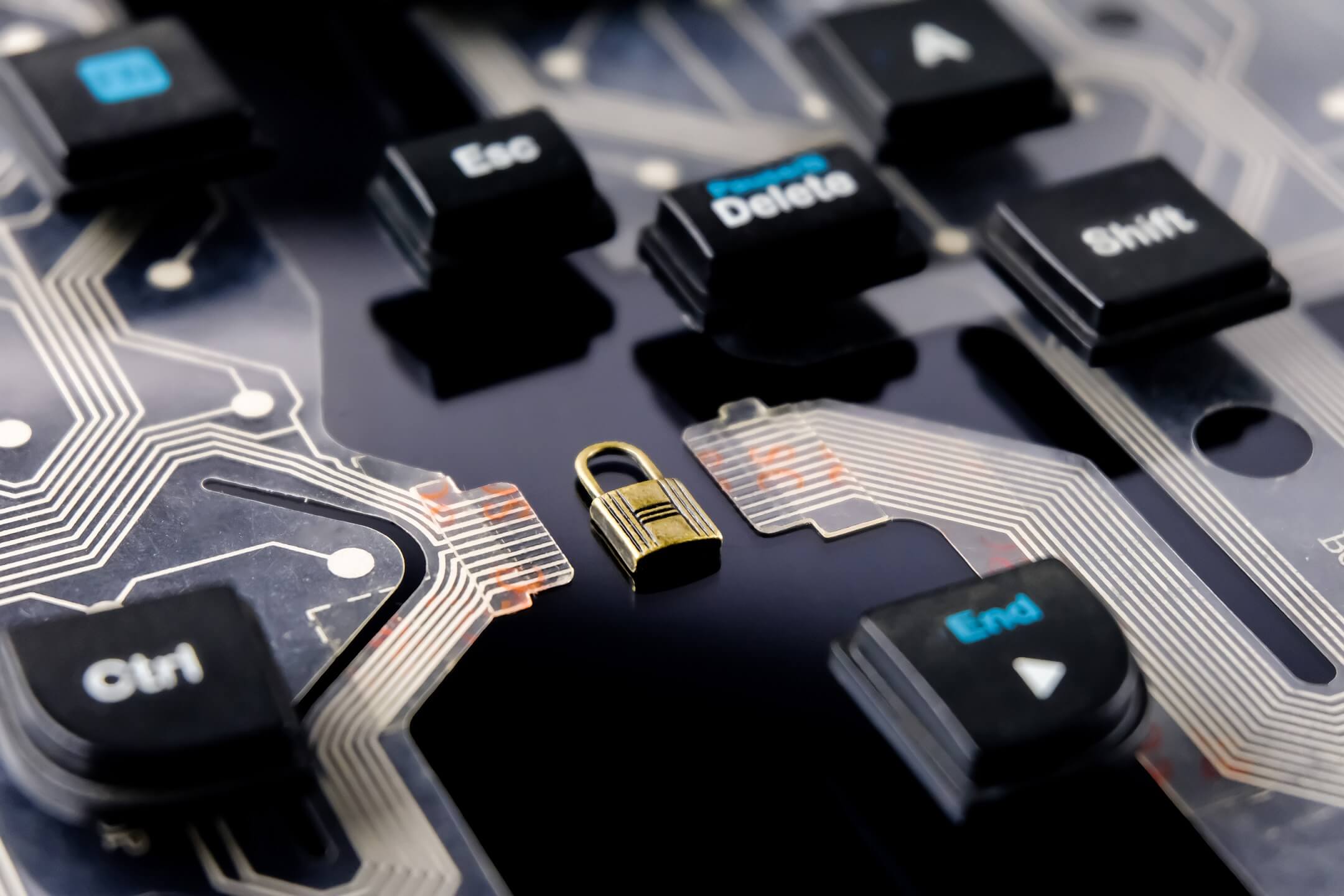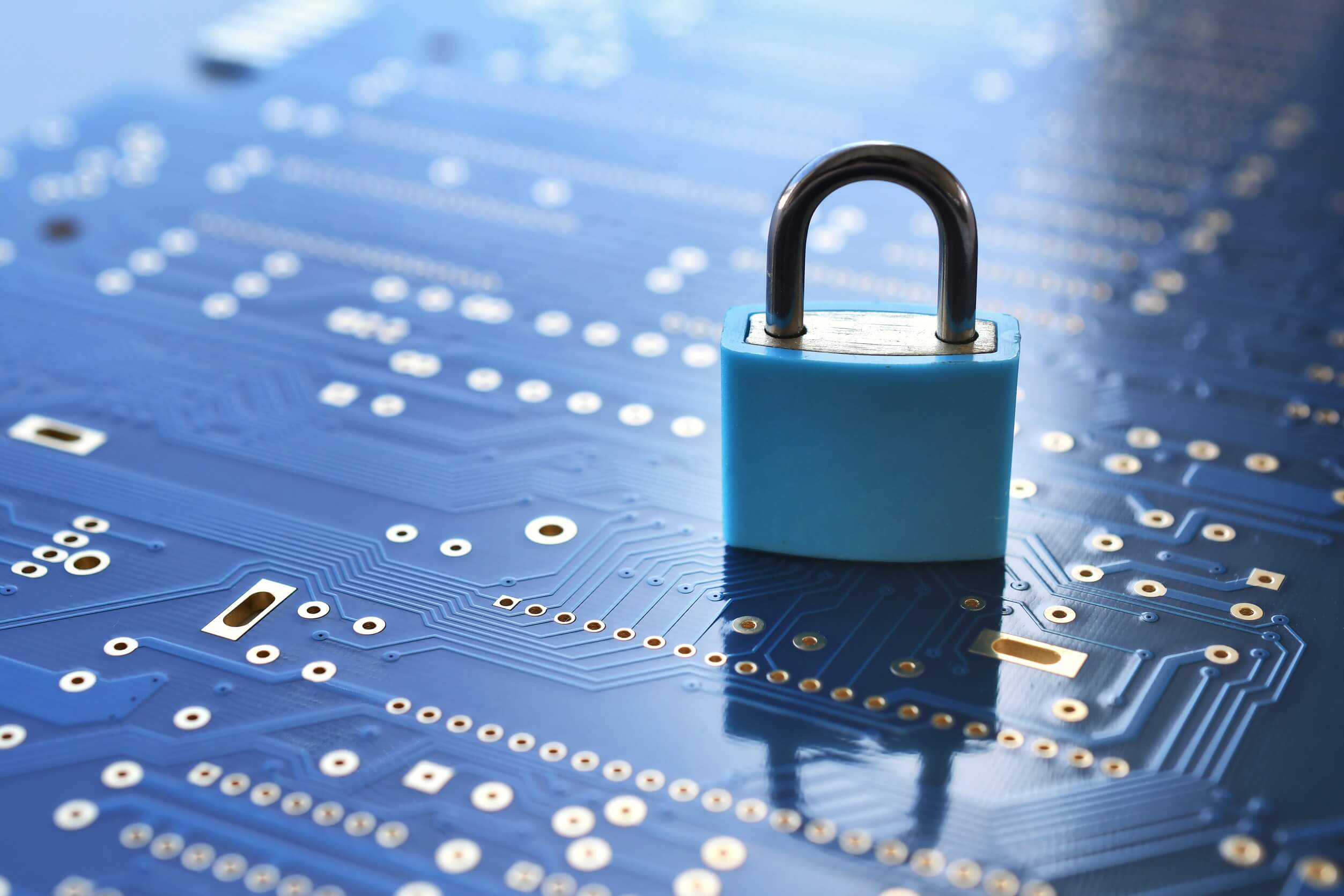As the digital landscape expands, the significance of robust cybersecurity measures becomes increasingly apparent. Among these measures, the creation and maintenance of strong passwords stand as a critical line of defense against unauthorized access to sensitive data. Here’s why strong passwords are vital and how they protect your digital presence.
1. First Line of Defense
Passwords are often the first barrier between cybercriminals and your private information. A strong password can effectively deter attackers because it makes unauthorized access to accounts significantly more difficult. Weak passwords, on the other hand, are easily cracked, leaving your personal and financial information at risk.
2. Protection from Automated Attacks
Hackers frequently use automated tools to perform brute-force attacks, trying thousands or millions of password combinations in a short time. Strong passwords that include a mix of uppercase and lowercase letters, numbers, and symbols are much less susceptible to these types of attacks because the number of possible combinations increases exponentially, requiring more time and resources to crack.
3. Safeguard Multiple Accounts
Many people reuse passwords across multiple accounts for convenience. If a hacker discovers a password for one account, they will likely try it on other accounts. Using a strong, unique password for each account minimizes the risk of multiple accounts being compromised from a single breach.
4. Compliance with Security Standards
Many organizations are required to comply with regulatory standards that mandate the use of strong passwords. These regulations are in place to protect sensitive data from breaches that could lead to identity theft, financial loss, and other severe consequences.
5. Boosting Security Posture
A strong password policy is a fundamental component of an organization’s overall security strategy. It enhances the security posture by reducing the likelihood of successful intrusions, thus protecting organizational assets and maintaining trust with clients and stakeholders.
6. Preventing Social Engineering Attacks
Social engineering attacks manipulate individuals into divulging confidential information, including passwords. Strong passwords are more challenging to guess and less likely to be compromised even if a hacker gains some personal information about you.
7. Encouraging Good Security Practices
Emphasizing the importance of strong passwords helps foster a culture of security. When individuals understand the role strong passwords play in protecting their information, they are more likely to adopt other good security practices, such as updating software regularly and using security tools like two-factor authentication.
8. Ease of Recovery
If a security breach occurs, having strong passwords can limit the damage and simplify the recovery process. Stronger passwords can delay or prevent hackers from gaining immediate access, giving you more time to respond to the breach and secure your accounts.
Tips for Creating Strong Passwords:
- Length is Key: Aim for at least 12 characters.
- Mix It Up: Use a combination of letters (both uppercase and lowercase), numbers, and symbols.
- Avoid Common Words: Stay away from easily guessable passwords, including sequential letters and numbers.
- Use Passphrases: Consider using a random phrase made up of multiple words that are easy to remember but hard for others to guess.
By prioritizing the creation of strong, unique passwords, you can significantly enhance your cybersecurity and protect yourself against a wide range of cyber threats. Remember, in the world of cybersecurity, your password is the key to your digital space.



